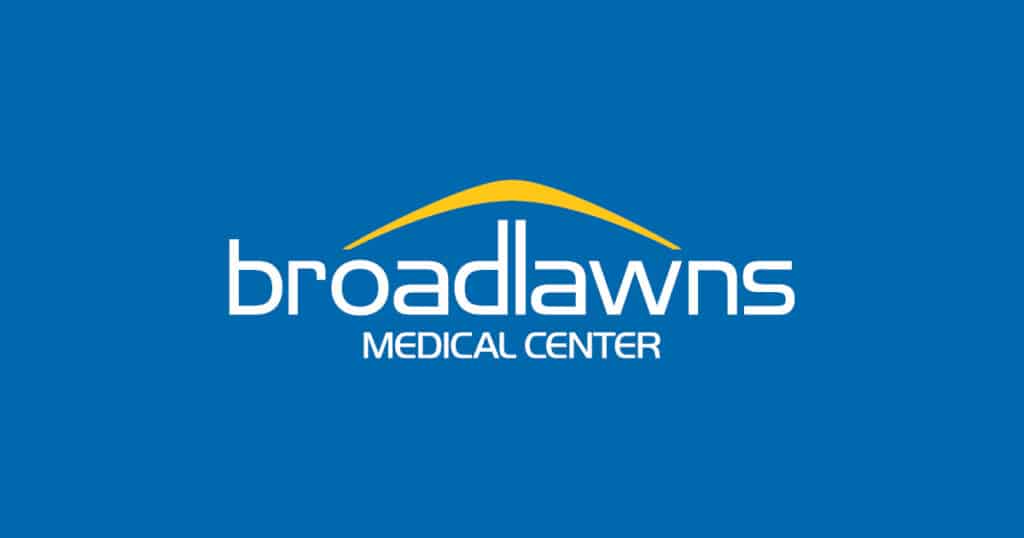New federal rules aim to reduce foodborne illnesses

Is there a better way to know whether your peanut butter is toxic, your eggs are tainted or your spinach is lethal?
Recalls of potentially contaminated food may become even more prevalent under new rules enacted earlier this year.
In January, Congress passed the Food Safety Modernization Act, the most comprehensive overhaul of federal food safety regulations in decades. Co-sponsored by Iowa Sen. Tom Harkin, the act provides the U.S. Food and Drug Administration (FDA) with the authority to increase risk-based inspections, require mandatory recalls of tainted food and more effectively trace foodborne illness outbreaks to their source.
The Centers for Disease Control and Prevention estimate that foodborne pathogens cause approximately 76 million illnesses a year in the United States, including 325,000 hospitalizations and 5,000 deaths. According to Georgetown University, food-borne illnesses cost the United States $152 billion per year in medical expenses, lost productivity and disability.
The new law is of particular significance for Iowa, which produces an estimated 10 percent of the nation’s total food supply and is home to 32 of the nation’s 100 largest food manufacturers and processors. More than 880 Iowa food processors generate more than $649 billion worth of food products in the state annually, according to figures from the Iowa Department of Economic Development.
The stricter regulations are “absolutely a response to several high-profile, nationwide outbreaks that were embarrassing to the agency,” said Doug Marshall, who earlier this year was hired by Eurofins Scientific Inc. as its chief scientific officer for microbiology. “This is an attempt by Congress to give the FDA greater ability to prevent such outbreaks going forward.”
Based in Paris with its U.S. headquarters in Des Moines, Eurofins operates more than 150 laboratories in 30 countries. The company moved its U.S. headquarters from New Orleans to Des Moines four years ago, and operates “centers of excellence” for agri-feed and nutrition testing at its Des Moines laboratories.
One of the most important changes is the provision giving the FDA mandatory recall authority, said Marshall, whose expertise is in developing methods to rapidly detect and control foodborne pathogens.
“Previously, the FDA could only recommend that a company recall its products,” he said. “Companies have in the past been very responsive, but now it’s law that they have the authority. It gives the perception that FDA has a little bit more authority than it did in the past.”
Though Eurofins currently conducts a limited amount of microbiological testing in Des Moines, that may change as the Food Safety Act is implemented, said Marshall, who oversees Eurofins’ microbiology labs in Des Moines, New Orleans, Baltimore and Jacksonville, Fla.
“I think the microbiological services that are being offered in Des Moines have the potential to grow significantly with the implementation of the act,” said Marshall, who works remotely from his home in Fort Collins, Colo. “There are stipulations in that act that we believe will force food manufacturers to be more diligent in controlling foodborne pathogens, and to screen for more pathogens via testing.”
In Des Moines, the primary foodborne pathogens that Eurofins’ microbiology laboratory tests for are salmonella, listeria and e-coli, said Jordan Shaw, the laboratory’s manager.
“The other class of organisms we look for are indicators, organisms like generic e-coli, aerobic plate count, yeast and mold, which give you a general indicator of quality,” he said. “A high count doesn’t necessarily mean you’re going to make someone sick, but it might mean you have something out of control in your manufacturing process.”
Shaw, who joined Eurofins in February, had worked in microbiology research with the U.S. Department of Agriculture for five years. He also worked as a quality assurance manager for a food manufacturing company and then as a lab manager for a smaller testing company before joining Eurofins.
He manages a staff of six technicians, who may test anywhere from 100 to 1,000 samples a day.
“These are the folks who are on the benches every day, who see the client samples and work with them,” he said. “They develop a certain expertise about what they normally encounter with each client from their daily samples.”
The new regulations will require increased food-safety audits of food processing companies, which is another service that Eurofins provides, Shaw said. Additionally, the company is developing testing models to meet the act’s requirements for environmental monitoring of areas within food manufacturing plants.
“We have high expectations that microbiological services will be a growth area for the company,” he said. “Whether that occurs in Des Moines or Jacksonville or Baltimore or elsewhere, I have no way of predicting that. We are approaching capacity in Baltimore; we still have room in Des Moines. We may want to open additional laboratories in other areas of the country to serve customers. We are a very agile company; we will respond when the need arises.”











